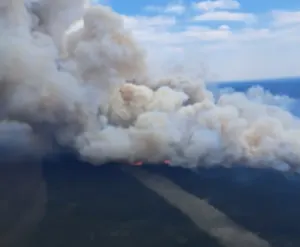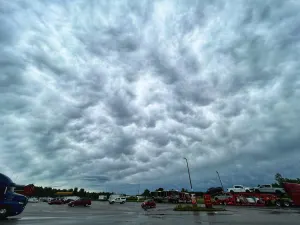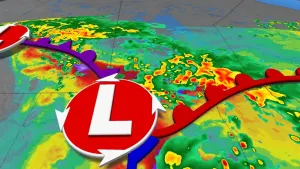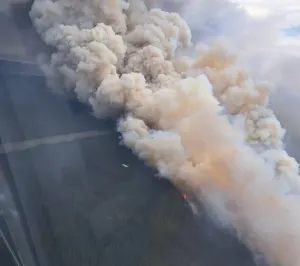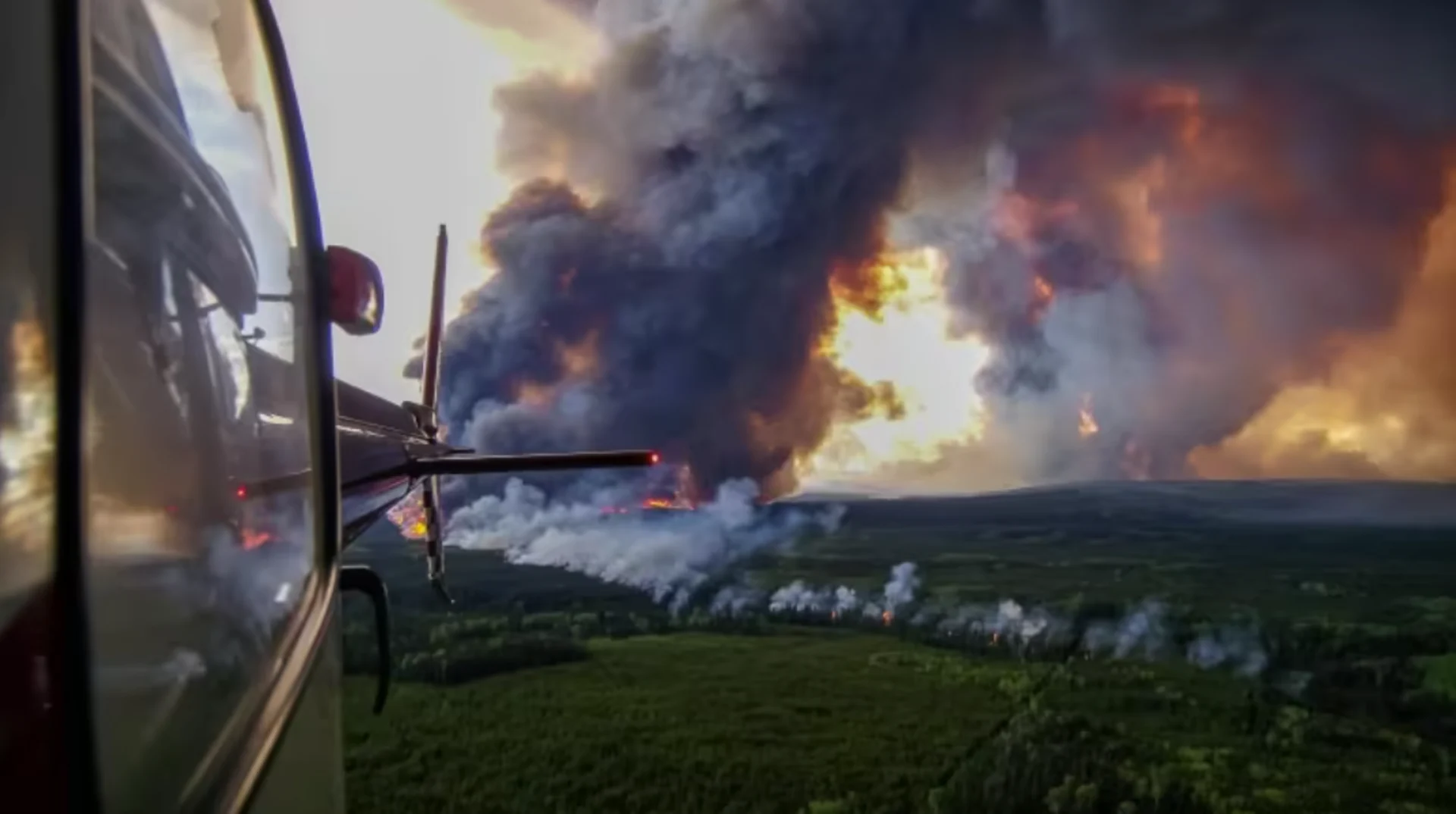
Cost of fighting B.C. fires this year tops $100M — well before peak fire season
Visit The Weather Network's wildfire hub to keep up with the latest on the active start to wildfire season across Canada.
The B.C Wildfire Service (BCWS) has now spent $105.3 million fighting fires so far this season, burning through half of its allocated budget well before the start of the peak fire season.
The service provided the figures in a statement to CBC News on Monday. The BCWS's total budget for the 2023 fire season is $204 million. In 2022, the budget was $199 million.
"However, B.C. Wildfire Service has the authority to spend as required over those amounts for suppression activity, and that is funded, if needed, through government contingencies," the Ministry of Forests said in a statement.
RELATED: Hwy 4 on Vancouver Island to be closed for at least another week: Province
"Wildfire threats to communities will be addressed and are not constrained by the budget."
The costs, just two weeks into June, are well ahead of trends in recent years.
Over the past 10 years, firefighting costs have averaged $316.9 million for an entire season.
The devastating 2021 fire season, which destroyed the village of Lytton, saw costs surpass $100 million in early July.
B.C.'s costliest firefighting seasons were 2017 and 2018, when the province spent $649 million and $615 million, respectively.
DON'T MISS: AQI, AQHI, and your health: Air quality ratings explained
Those were also the most destructive wildfire years in B.C. history, with 12,160 square kilometres of land burned in 2017 and 12,543 square kilometres in 2018.
More than 430 wildfires have been reported in the province this year as of Tuesday. The overwhelming majority have been in the Prince George Fire Centre, which roughly comprises the northeast quarter of B.C., where over 7,550 square kilometres of land have burned so far — more than half of the historic season high.
July and August are typically peak fire season in the province, reporting the most destruction and costs.
MUST WATCH: Wildfires in Canada have burned more land than all of Costa Rica
Long-term costs increasing
The provincial government has increased the budget for the BCWS as the agency transitions to a year-round service, describing it as "the largest investment in the history of the wildfire service."
Around $359 million in new funding was announced in the 2022 budget, including the doubling of funding to wildfire prevention services like FireSmart and community resiliency programs.
A recent report from the Intergovernmental Panel on Climate Change included a study on B.C.'s 2017 wildfires, which found that the wildfires have potentially burned as much as 11 times more land compared to what they would have without the influence of human-caused climate change.
The government has cited the effects of climate change as a reason for increased severity of wildfires, and the need to spend more on short-term firefighting and long-term prevention.
The 2023 B.C. budget includes more than $1.1 billion over the next three years to fight climate change.
Thumbnail image courtesy of the B.C. Wildfire Service via CBC News.
This article, written by Tom Popyk, was originally published for CBC News.






